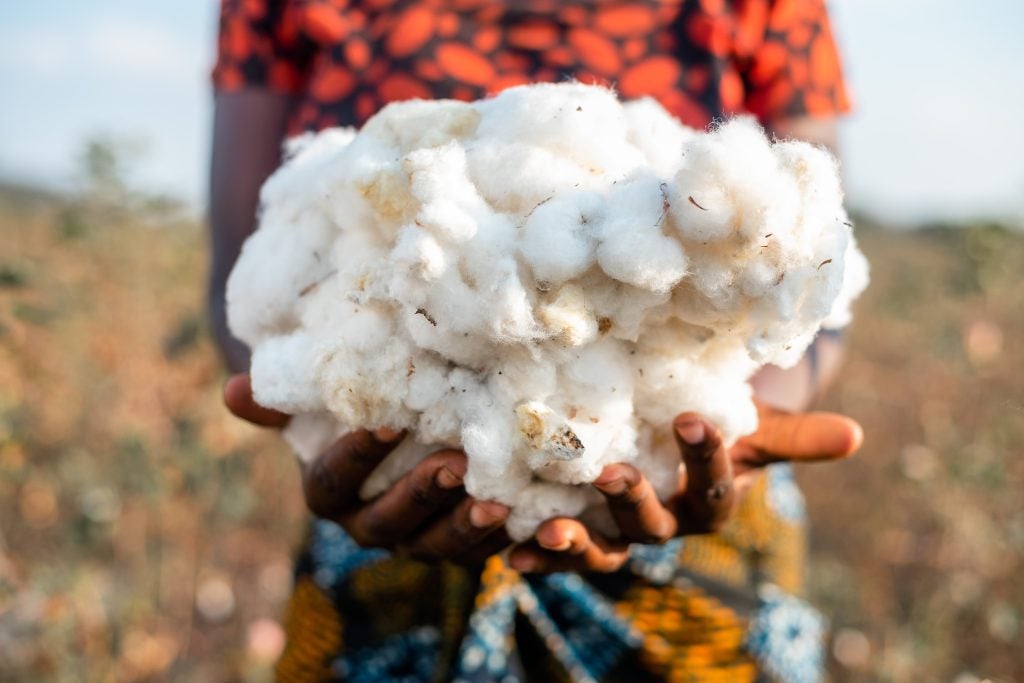US Customs and Border Protection (CBP) has published a list of recommended business practices aimed at helping companies importing goods address the risk of forced labour in global supply chains.
The recommendations, set out as the Department of Labor Comply Chain principles, are aimed at creating a social compliance system as a best business practice in order to stop the importation of goods produced with forced labour.
Section 307 of the Tariff Act of 1930 prohibits the importation of goods mined, produced, or manufactured, wholly or in part, in any foreign country by forced labour, including convict labour, forced child labour, and indentured labour. The Trade Facilitation and Trade Enforcement Act of 2015 closed a loophole in this law that had allowed imports of certain forced labour-produced goods if they were not produced domestically in such quantities as to meet consumptive demands.
CBP is encouraging stakeholders to closely examine their supply chains to ensure imported goods are not mined, produced, or manufactured, wholly or in part, with prohibited forms of labour.
In setting out the principles, CBP asks a number of questions of the supply chain profile:
- Does the US importer have a comprehensive understanding of the natural supply chain from sourcing of raw materials to subcontracting manufacturing to the assembly of finished goods destined for the US?
- For their products, has the US importer conducted a comprehensive risk assessment of forced labour in the global supply chain and conducted on-site production visits to the factory, farm, or mine for high-risk countries?
- Is the US importer engaged with industry specific multi-stakeholder initiatives?
It also questions whether the US importer has developed and applied a formal written code of conduct for all international interactions associated with the sourcing of foreign goods, and whether this is shared with all suppliers, and includes specific language as to minimum labour standards.
How well do you really know your competitors?
Access the most comprehensive Company Profiles on the market, powered by GlobalData. Save hours of research. Gain competitive edge.

Thank you!
Your download email will arrive shortly
Not ready to buy yet? Download a free sample
We are confident about the unique quality of our Company Profiles. However, we want you to make the most beneficial decision for your business, so we offer a free sample that you can download by submitting the below form
By GlobalDataWhether a business has a robust internal control process is also questioned, such as: are the internal controls established according to professionally recognised objective audit standards?; does the US importer conduct periodic compliance audits using in-house personnel or external audit professionals? and, does the US importer have adequate corrective action plans to address non-compliance and deter weak business practices?
Click here to view the full principles set out by US Customs and Border Protection.







